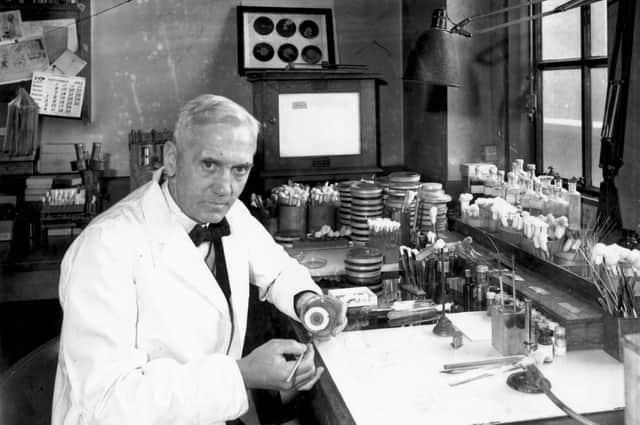Antibiotic resistance: Research on hedgehogs may have revealed a key fact about this terrifying threat – Scotsman comment


According to the World Health Organisation, it has risen to “dangerously high levels in all parts of the world” with a growing list of diseases like pneumonia, tuberculosis, blood poisoning, gonorrhoea, and foodborne infections becoming “harder, and sometimes impossible, to treat as antibiotics become less effective”.
“Without urgent action, we are heading for a post-antibiotic era, in which common infections and minor injuries can once again kill,” the WHO warns. “… Antibiotic resistance is putting the achievements of modern medicine at risk. Organ transplantations, chemotherapy and surgeries such as caesarean sections become much more dangerous without effective antibiotics for the prevention and treatment of infections.”
Advertisement
Hide AdAdvertisement
Hide AdThe main focus of concern has been human over-use of antibiotics, which increases the chance of bacteria evolving to avoid being affected.
However, new research has discovered that the MRSA superbug can also develop naturally. Scientists found that the bacteria and a fungus are involved in a battle for survival on the skin of hedgehogs. The fungus developed antibiotics to kill the bacteria, which then evolved to become Methicillin-resistant Staphylococcus aureus, aka MRSA, according to a paper in the journal Nature.
It could be that the fungus will evolve a new weapon capable of defeating the superbug that could also be utilised by medicine.
But what is clear from all this is that understanding the science is absolutely crucial if humanity is to preserve one of its most important forms of medicine and the extraordinary benefits of Alexander Fleming’s chance discovery of penicillin in 1928.
A message from the Editor:
Thank you for reading this article. We're more reliant on your support than ever as the shift in consumer habits brought about by coronavirus impacts our advertisers.
If you haven't already, please consider supporting our trusted, fact-checked journalism by taking out a digital subscription.
Comments
Want to join the conversation? Please or to comment on this article.
